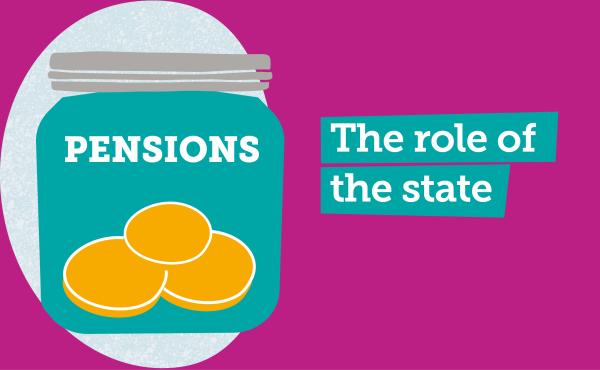Debt problems in the UK are both changing and growing. At National Debtline, our free, independent advice service for people in debt, we are seeing first-hand the impact these changes are having on the people we help.
Ten years ago a typical caller to our service was struggling with credit type debts such as credit card bills or perhaps a personal loan. Today, we are increasingly hearing from more people struggling with smaller, trickier debts, often for everyday household bills. These include arrears for Council Tax, rent and energy and water. In the last decade the proportion of callers to National Debtline with Council Tax, debt has doubled from 15% to 30%.
These changes are not isolated to the size and types of debts either. Perhaps unsurprisingly, given the financial challenges facing younger people, the proportion of callers aged between 18 to 24 seeking help has doubled.
At the same time, however, we have seen a rise in the proportion of over 50 year olds calling our National Debtline service – a reminder that financial concerns continue to affect all generations.
Included below are some useful links and pointers about the types of challenges and options available to many older people who may be in financial difficulty.
In each case, seeking free advice as soon as possible is often the most important first step you can take.
Maximising Income
Lots of people in debt don’t receive all the money they are entitled to. Checking to see if you have access to money you are entitled to can be a useful step to take if you are in financial difficulty. There may be options people are unaware they are eligible for, including benefits and grants.
There are checks that you can do online such, as on the Turn2us website that provides a simple benefit eligibility checker.
Other options may include access to Winter Fuel and or Cold Weather payments, as well as potentially free bus travel.
Equity Release
Equity release is an agreement that lets you access money from equity you may have in a mortgaged property without having to leave your home.
This can be helpful if you want to repay an existing mortgage, increase income of pay for care needs and it may also be an option to help pay any debts owed.
Before entering into a scheme you should get professional advice so that you understand the terms and conditions as there are also likely to be different fees charged
Our fact sheet on equity release explains how it may help and the main advantages and disadvantages of different schemes
Pension Freedoms
Pension freedoms allow you the option to use money from a pension fund. If you are in debt, this could include using this to repay anything that is owed.
However, it is important to know you don’t have to do this. The regulator, the Financial Conduct Authority, has made it clear that creditors must not put any pressure on people to use their pension pot to pay debts.
Making a hasty decision could mean losing money because of tax or benefit rules.
Whether it is a good course of action or not depends on individual circumstances. And before taking any money from a pension to pay debts, you should first get advice about your options.
Our Pension freedoms and debts fact sheet has more information including where you can go to for further advice and guidance.
Remember - help is available
This is just a snapshot of a few considerations. For anyone in financial difficulty, it is important to remember there is help available. At National Debtline we know that people often wait a year or longer before contacting us, during which time problems can often escalate.
Laura Mostaghimi has been working for the Money Advice Trust since 2009, where she is a MONEY ADVISER for National Debtline. Laura gives debt advice to some of the thousands of over-indebted individuals who contact the service each month.
Have you been affected by any of these issues?
If you have been affected by any of the issues described in this blog, or simply need someone to reach out to, you can call the National Debtline free helpline on 0808 808 4000, Monday to Fridays between 9 am and 8 pm and on Saturdays between 9.30 am and 1pm. You can also visit their website www.nationaldebtline.org for more information.
The views and opinions expressed in this article are those of the author and do not necessarily reflect the policy or position of Independent Age |
